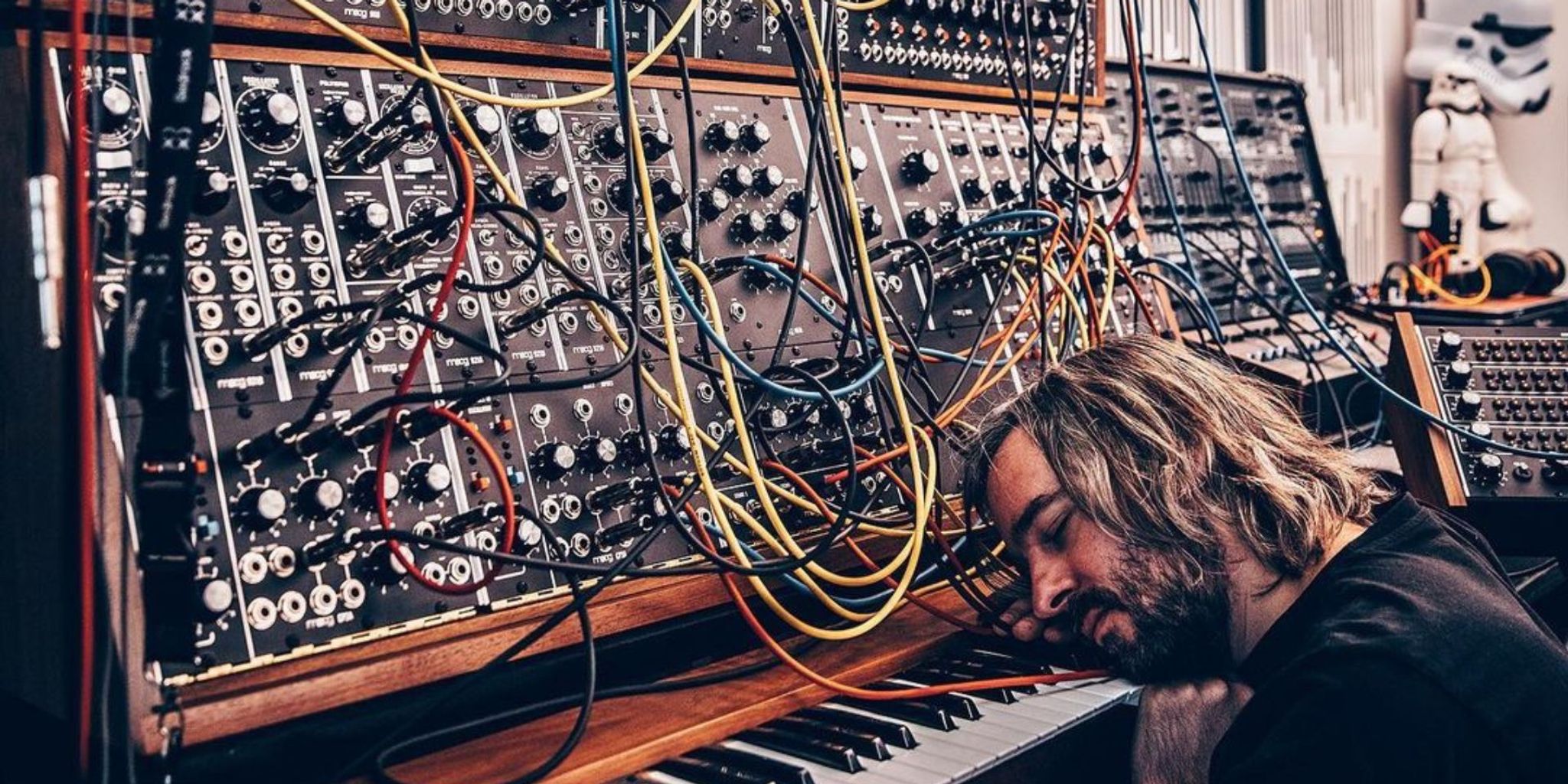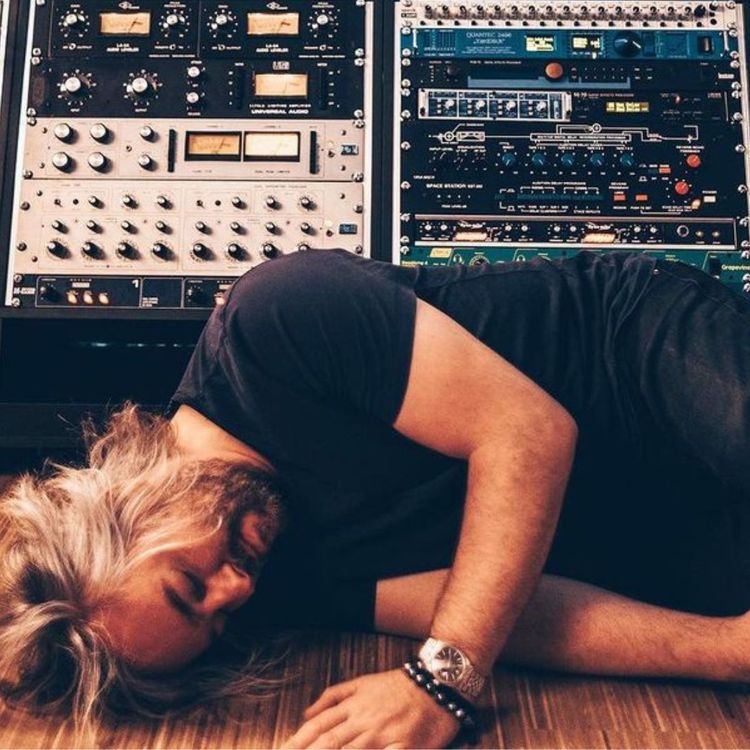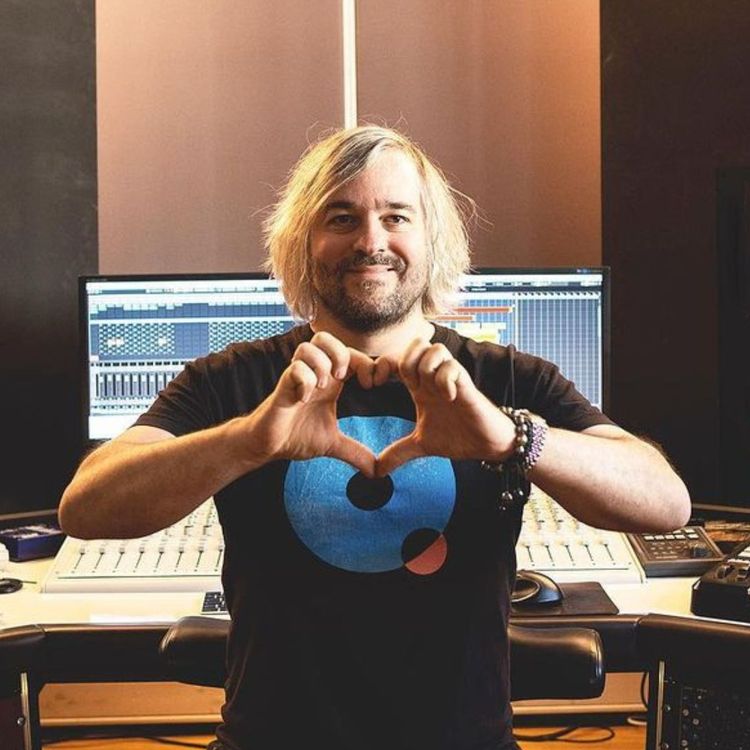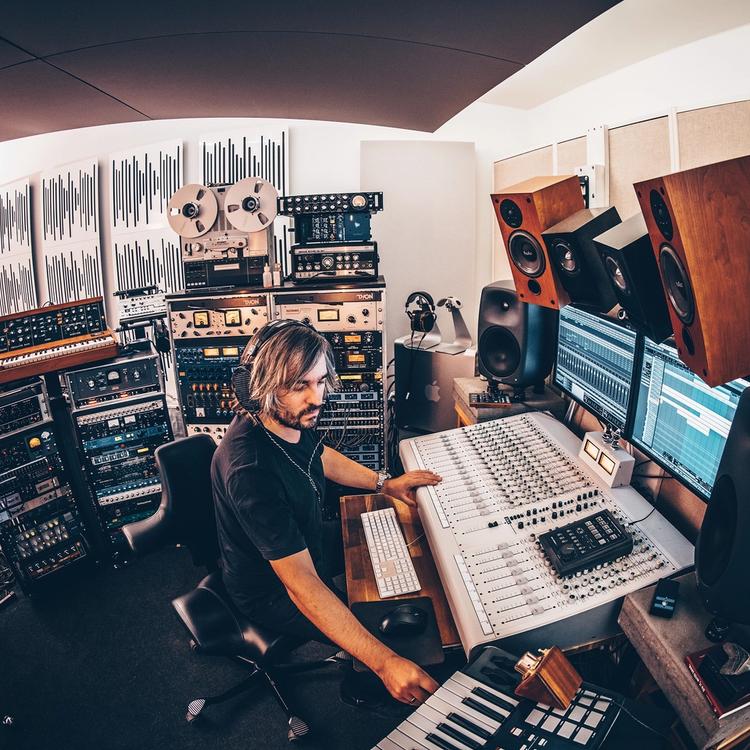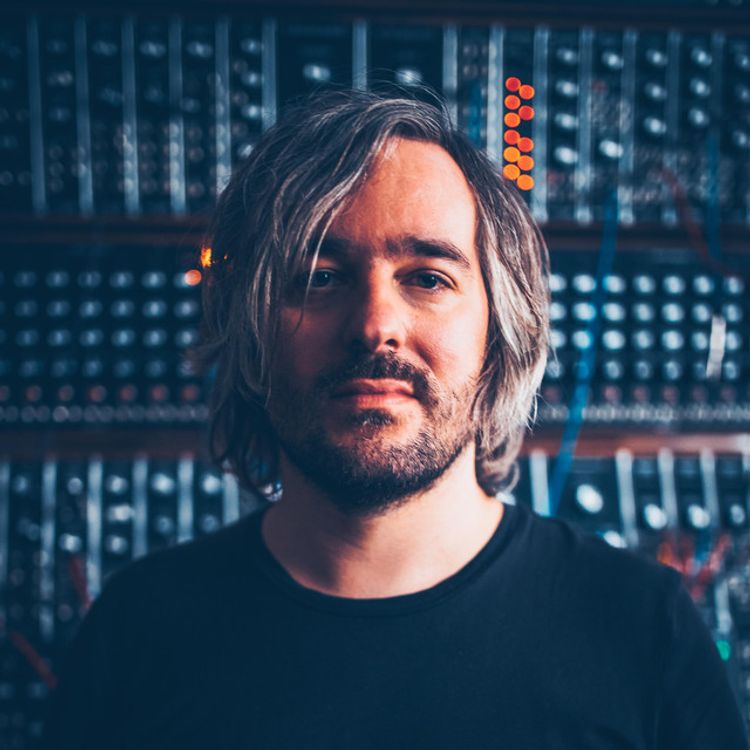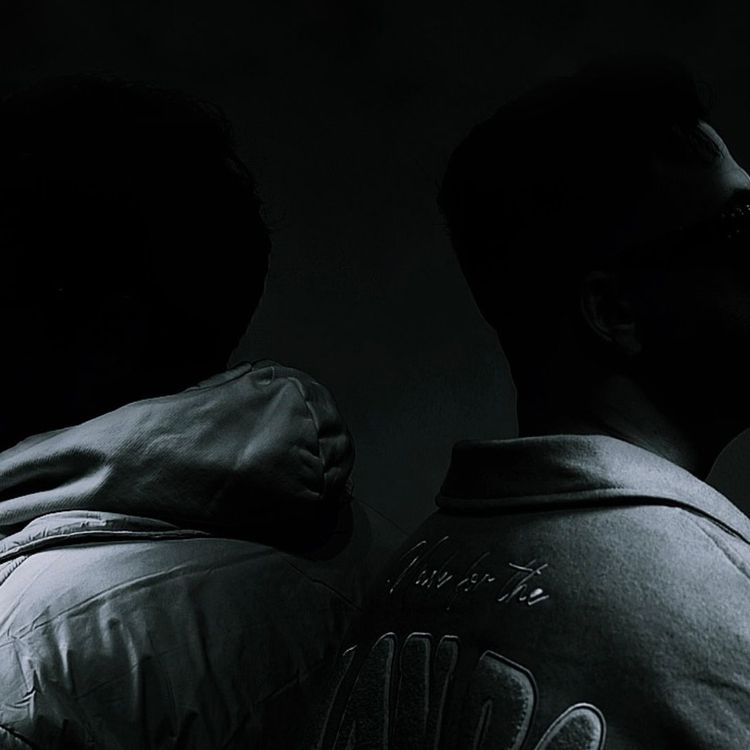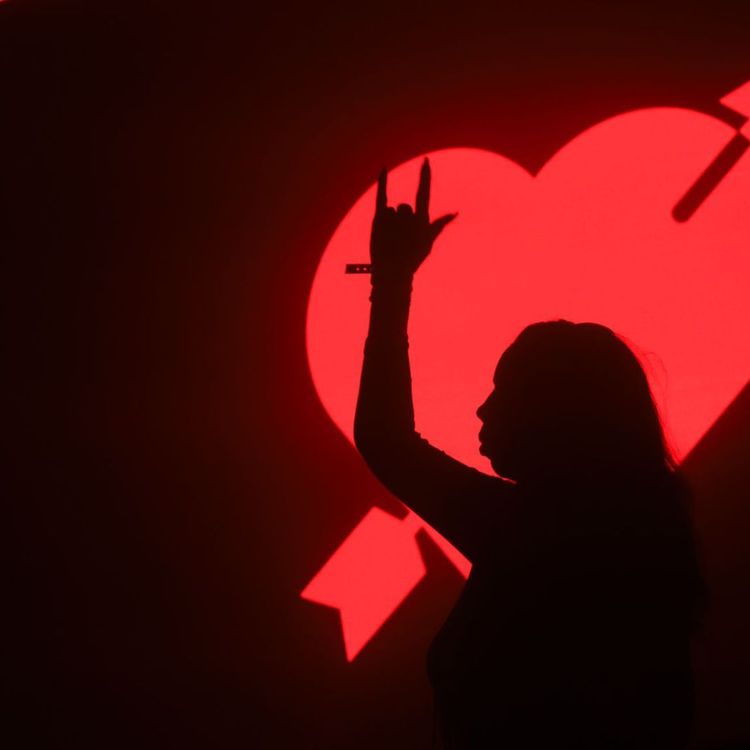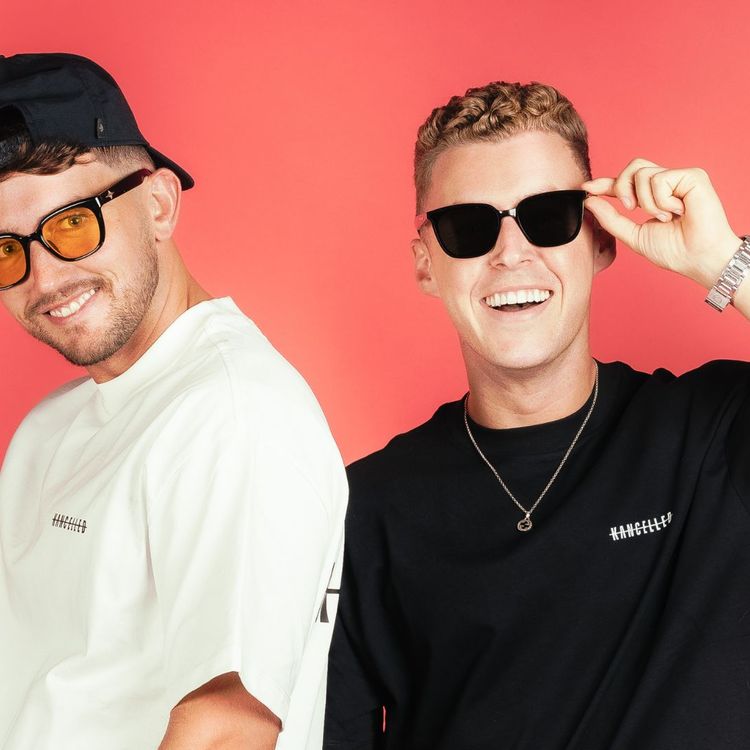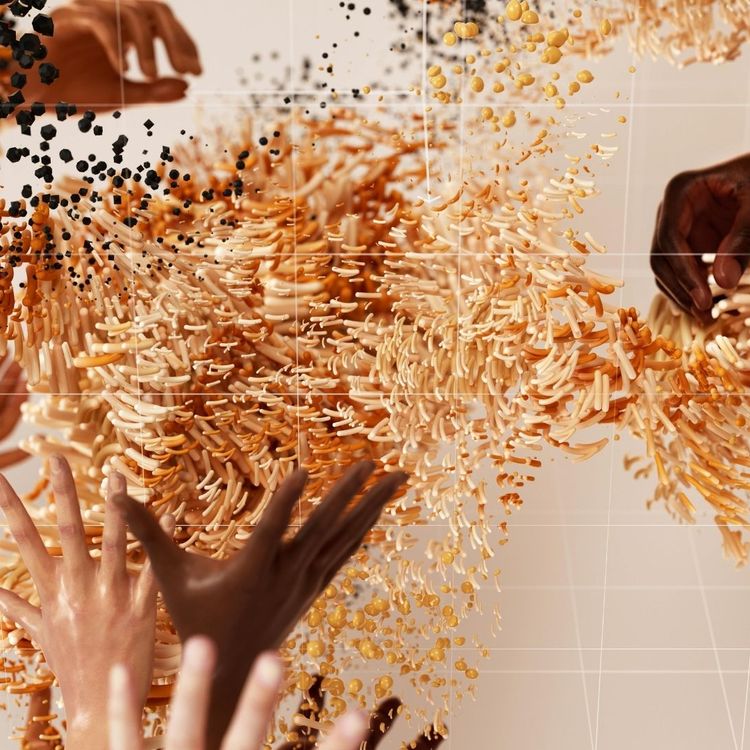Strings to Synths: A Candid Interview with Hannes Bieger
In the dynamic world of music, few artists encompass the range and depth of experience that Hannes Bieger brings to the table. From his early days playing guitar in bands to his profound love for the oceans and possible alternate life as a marine biologist, Hannes has journeyed through a kaleidoscope of musical and personal adventures. As he dives into his collaborations, studio work, and even the challenges of navigating creative roadblocks, this interview offers a unique window into the mind of an artist who seamlessly marries technical prowess with raw passion. In our exclusive Q&A, we delve deeper into the life and thoughts of Hannes, revealing facets that many might not know.
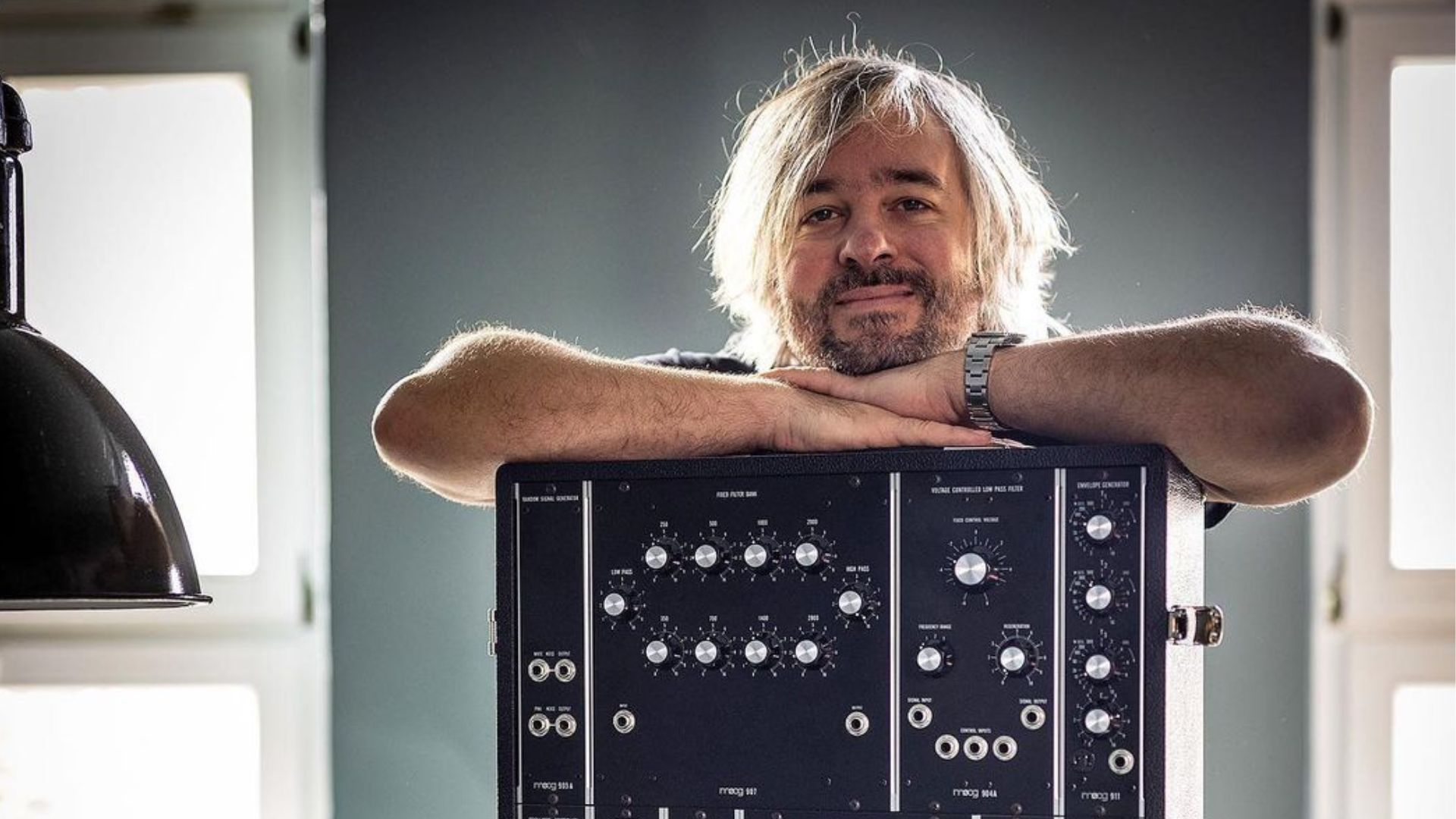
Have you ever found musical inspiration from something totally unexpected?
Inspiration is precious. Having worked as an artist for so long, I know that you can't just turn inspiration on like flicking a switch. Sometimes it's about whether inspiration chooses to find you. While you can foster inspiration, I believe it's valuable to seek it outside the studio and the immediate musical context. Electronic music nowadays can feel self-referential. Some labels, which used to showcase a broader range of music, now limit their selections to specific genres, leading to a streamlined feel.
While I'm not immune to this trend, I always aim for originality. For a period, I named my tracks after volcanic terms because of my fascination with our planet and nature. These metaphors inspired me. I'm drawn to nature, whether it's by, on, or in the water. Amidst the technical environments I frequent, like studios or venues, I treasure connecting with nature. It's a profound source of inspiration for me, whether it comes expectedly or unexpectedly.
How do you keep your technical side and creative side in harmony when making music?
The technical and creative aspects are two sides of the same coin. With my extensive experience as a producer and musician, both for myself and for clients, my primary goal is to make the technical side nearly invisible. I thrive when creation feels like a fluid, natural process, where I can immerse myself without overthinking.
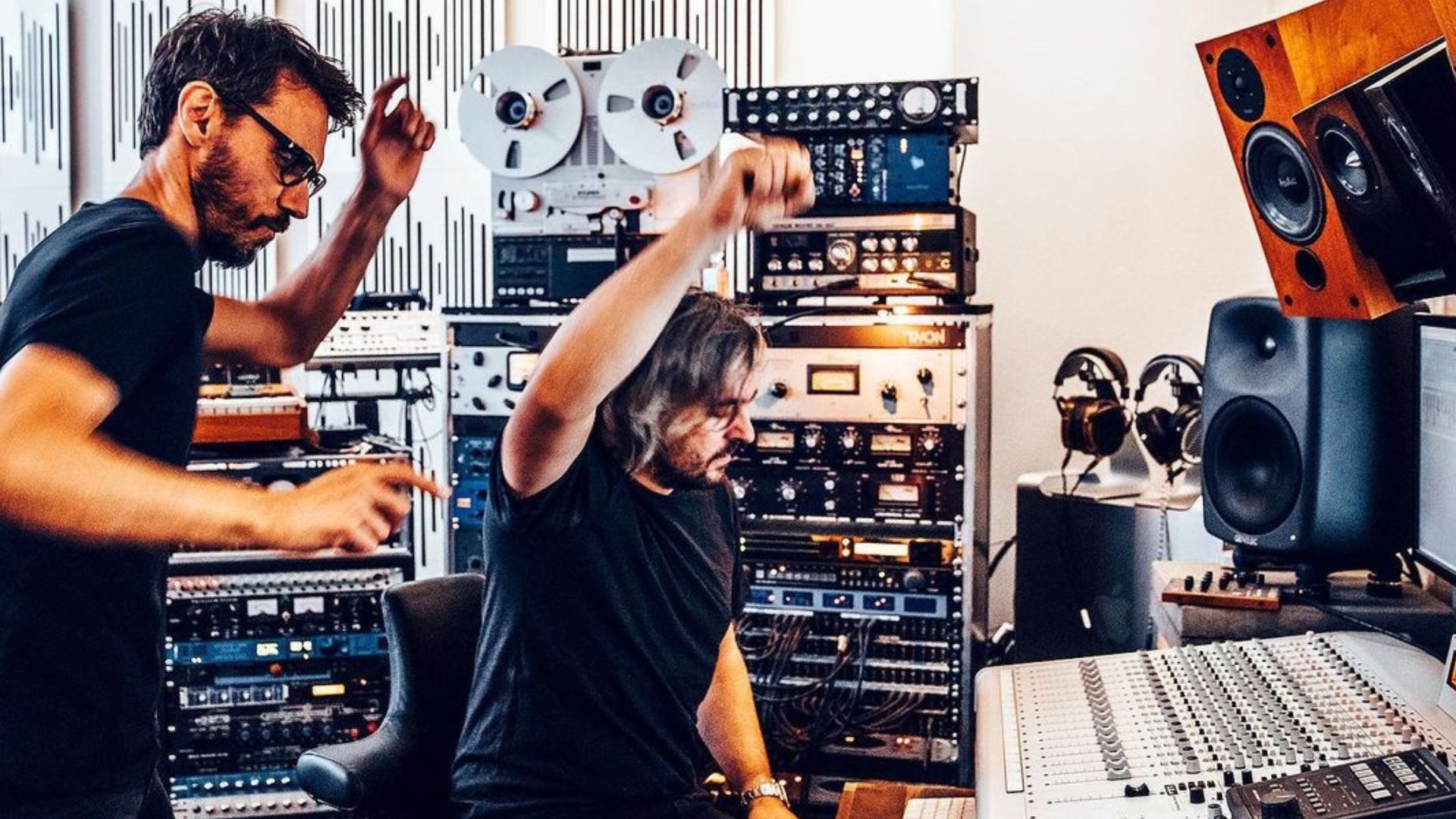
There are sessions where I dive deep into creation and, hours later, resurface, realizing I neglected basic needs because I was so engrossed. During these moments, I'm not preoccupied with which EQ or synthesizer I'm using; I simply create. This effortless approach stems from experience and familiarity. However, technology can also inspire. A new synthesizer, for instance, can spark fresh musical ideas as I explore its capabilities. While I don't always aim to sideline technology, during the creative process, I think in musical terms, not technical ones.
Can you share a story of a challenging project that really pushed you to the limit?
There are two ways to answer this. Sometimes you have tracks where you fight to finish them. Most of the time, the fight isn't worth it. Usually, when something's good and you feel inspired, you can almost complete the track in a day, and everything flows naturally.
One good decision led to the next. But the tracks where you struggle often have a problem that can't be solved by struggling more. However, there are also tracks where you know you have a great idea, and it could be fantastic, but only if you don't mess it up in the process. This can be a challenge, especially when you've found a diamond in the rough and aim to refine it without damaging its essence.
Have the places you have played at influenced your sound in any way?
In the places I've played, the environment certainly influences me. It might not be the venues or shows directly, but my love for nature and the planet plays a part. I've always been interested in technology, geography, wildlife, and more. One of my first releases when I resumed music-making in 2017 was on Audiofly's label.
The track La Selva was part of a project where each invited artist was to create a track inspired by a country. I was in Colombia on the Caribbean Coast when they reached out. Given my location, I chose Colombia as my inspiration. Sitting in the jungle, I made recordings of the local wildlife — frogs, birds, crickets, and other night creatures. But instead of using these raw sounds, I wanted to recreate them. I sometimes find direct use of natural atmospheres in tracks a bit clichéd.

So, back in the studio, I recreated these animal sounds. Recapturing the immersive soundscape of countless frogs in the jungle was particularly fun, using a modular system and ample reverb. Experiences like being in the Egyptian desert or flying over the Andes at sunrise leave lasting impressions. They inevitably find their way into my music in some form.

How do you keep up the enthusiasm and creativity in the face of the music industry pressures?
This is a relevant question, given the intense pressures of the industry. Sleep deprivation can be overwhelming, and there's always an underlying competition — who has more shows, who gets better slots at festivals, whose name is bigger on posters. Such comparisons can be soul-crushing if you lose focus. Some days, everything seems to go wrong: organizational chaos, blackouts, delays in set times, and more. In these moments, you may just want to quit.
But then you step on stage, play that first note, and suddenly, all worries dissipate. The energy from the crowd reminds you of the reason you're in this. It's a roller coaster, but the key is to not take yourself too seriously and to remember why you started. For me, it's the joy of making music. If it ever stops being fun, I might reconsider. But as of now, I've been quite productive and thoroughly enjoy making music. That passion largely drives me forward.

Have you had a track that didn’t get the attention you thought it would? What did you learn from that?
Yes, this can happen. Sometimes it's hard to identify the exact problem. It could be that you have different tastes than the general style out there at any given moment. To me, there's no guarantee. I see it the other way around: when something goes especially well, it's a gift. You can't plan for it unless you invest a lot of money and maybe play a bit dirty. But if you do it organically, you can't plan it.
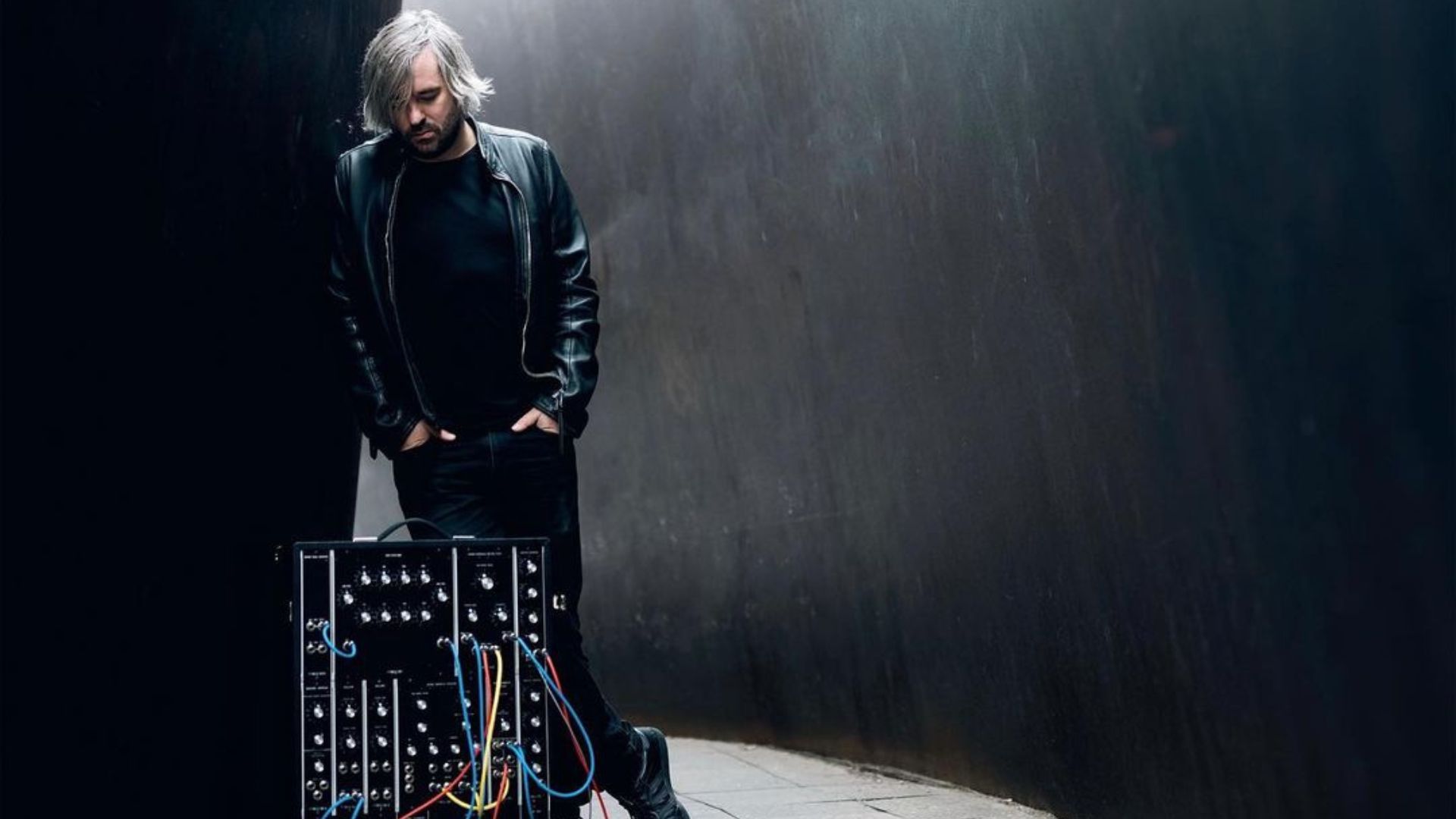
Sometimes the stars align, sometimes they don't. Once you've experienced the feeling of having a number one, you want to repeat it. But it doesn't work that way; you can't decide today that you're going to make another number one and expect it to happen. Maybe the less you push yourself and the less you plan for it, the more likely it is to happen.
How do you like to work with other artists - face to face or remotely?
I come from a band background. My first instrument was the guitar, and I began playing in bands when I was around 12 or 13 years old. For me, making music is deeply intertwined with being in a room with others, discussing life, the world, or even just having dinner. I cherish collaborations that involve spending time together. However, I recognize there are limitations to this approach, and a lot of collaboration happens remotely.
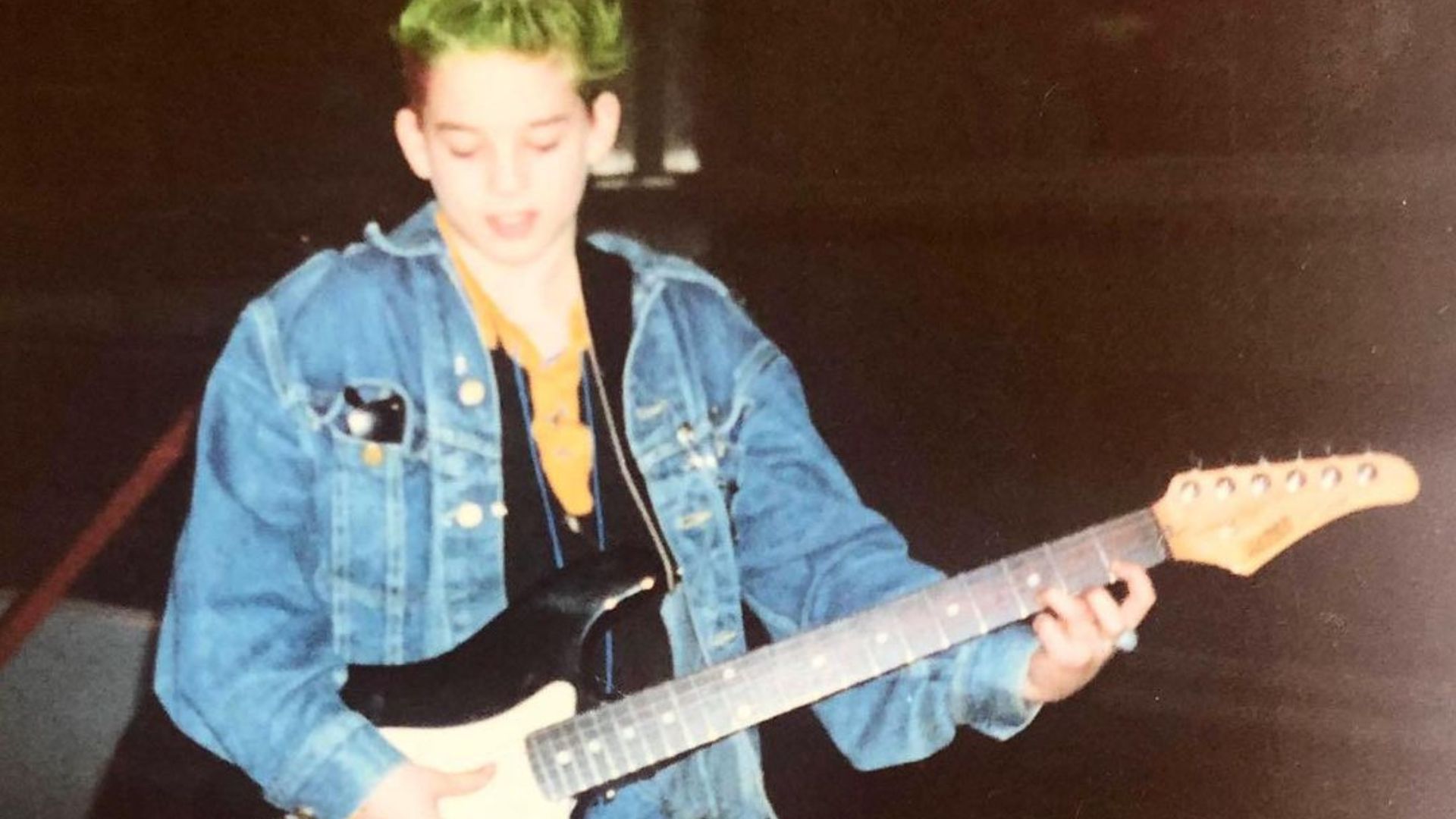
Hannes Bieger in 1989
This method can be more focused at times, and I'm open to both, but I prefer meeting other artists in person. To add, I run my studio business, and the preference remains the same. Before COVID, more clients would attend sessions in person, but during and post-COVID, remote collaborations became more common. Still, if a client wishes to visit, I'm always happy to welcome them to the studio.
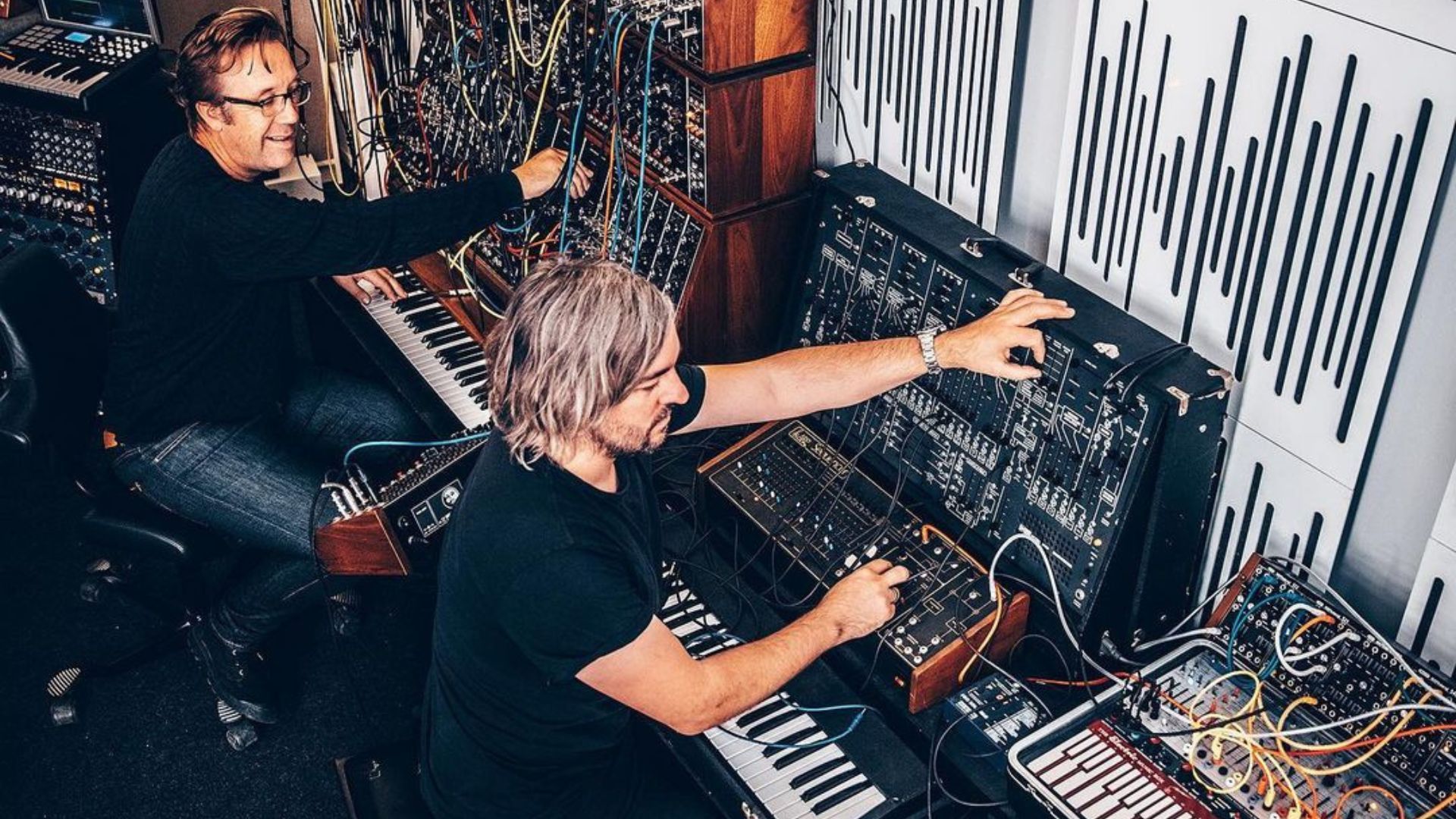
Hannes Bieger and Christopher Coe
As an analog lover, what’s your take on AI-generated music?
Yes, I'm an analog lover. Honestly, I haven't been deliberately exposed to A.I. generated music. I've played with image generators, which I found fascinating. However, when it comes to A.I. generated music, I lack experience. We're at the beginning of this journey, and soon it'll be a reality we can't ignore. The music industry will inevitably have to adapt, and I'm certain it will bring significant change.
What’s the best piece of advice you would give to someone starting out in electronic music?
To quote Rick Rubin, though I'll paraphrase his recent Instagram post, it's vital to create music for an audience of one: yourself. When you make music for labels, audiences, or another DJ, it risks not coming from your heart. Instead, it might seem like a tool crafted to achieve a specific goal. It's best to focus on what you genuinely want to express musically. By immersing in your unique sound and believing in it, you'll naturally reach and resonate with others. Don't get caught up in comparisons, especially at the start. It's crucial to give yourself time to develop.
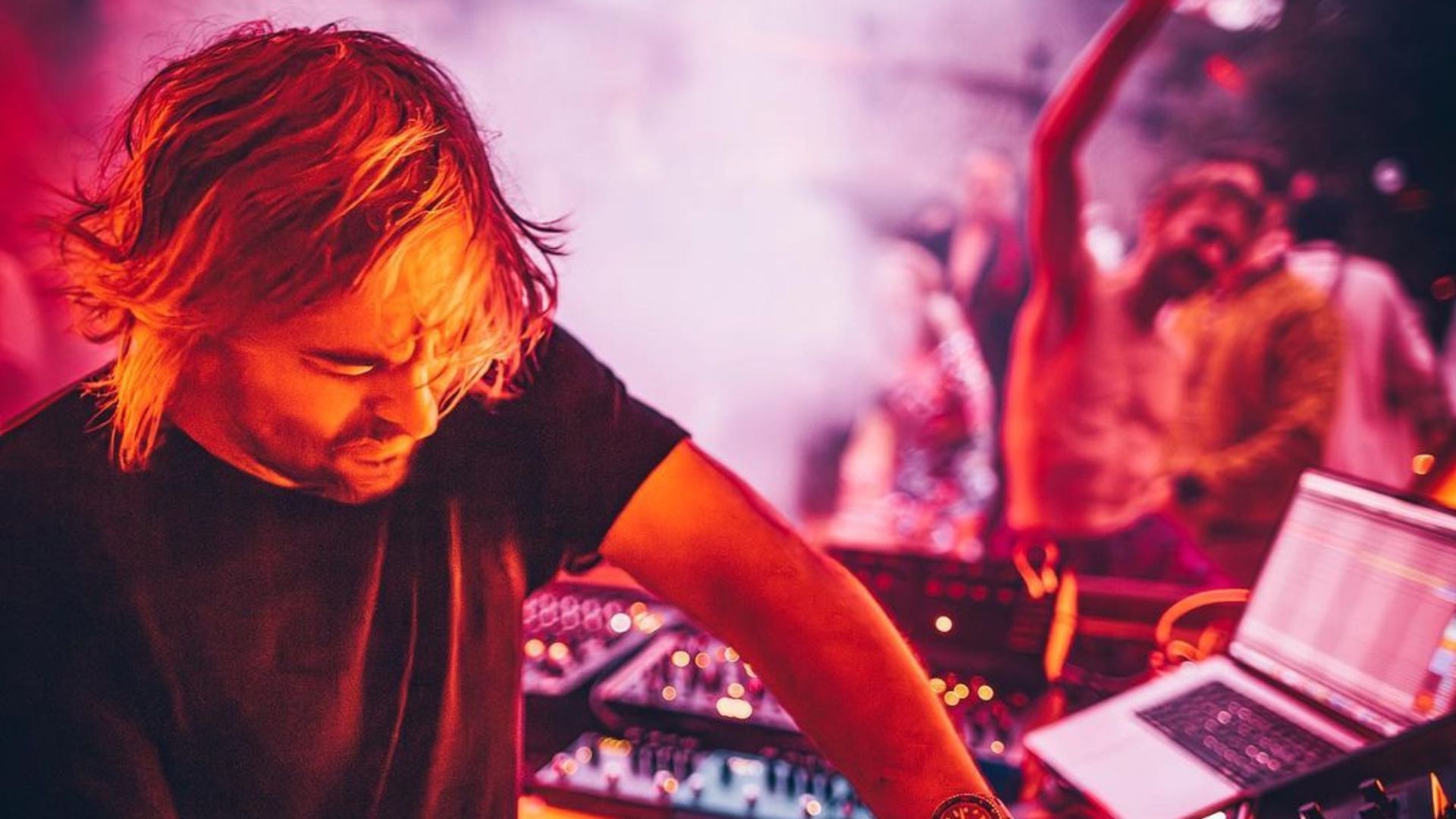
Today, it's easy to produce something and share it instantly. But remember, you only get one chance to make a first impression. It's not about remaining secluded in your studio, but about recognizing the right moment to share. George Orwell, and I'm paraphrasing again, once said that the absence of limitations can hinder art. It's important to face challenges and boundaries; they help you grow as a musician. Nowadays, everyone can have a recording studio on their laptop, removing technological limits. Sometimes, imposing certain restrictions on yourself can guide your creativity, leading to a more meaningful output.
Have you ever had a powerful or memorable experience during a live performance?
There are countless memorable experiences, too many to mention specifically. While not every night is one for the books, when it is, it's profoundly beautiful. Having so many people in one room, sharing the same energy through music, is one of the primary reasons I do what I do.
If you could create music with any artist, who would you choose and why?
I've been fortunate to work with many of the artists I admired when I started out. One notable collaboration was with Ursula Rucker on "Poem for the Planet." I've dreamt of working with her since hearing her voice in the mid-90s.
Another artist I deeply admire and would love to collaborate with is Róisín Murphy, the former Moloko singer. I've always respected Moloko as a band and particularly her voice, attitude, and overall presence. I'd be thrilled to create a track or write a song with her.
When you hit a creative roadblock, how do you get over it?
Creative roadblocks are tough. I've taught many workshops and masterclasses about this topic, and I could probably talk about it all day. To keep it brief, it's crucial to know when to push through and when it's better to just step back. Sometimes, it's more beneficial to do something else and avoid further frustration. At other times, you can find ways around the roadblock.

For instance, you could organize your sample libraries or look for new sounds. As you go through your samples, you might stumble upon one that sparks inspiration. Before you know it, you might be building a track. Or, by focusing on sound design for individual elements, you could suddenly have a collection of sounds that come together to create a vibe. Add a bass drum, and you're off to the races. However, if you feel it's not working, it's best not to push too hard.
Lastly, a fun one - if you weren’t a musician, what other job would you want to do?
I've held a variety of roles throughout my career. I've written for music production magazines as a technical editor and worked as a photographer for many years. Both professions are areas I could easily pursue further. However, if I were to think outside of these experiences, I've always been fascinated by the idea of becoming a marine biologist. My interest in water, oceans, and wildlife draws me to it.

I understand that much of the job involves observing vast bodies of water, waiting for specific wildlife that may never appear. Interestingly, as a touring musician, I often find myself waiting around for extended periods, so the waiting aspect wouldn't be new to me. Ultimately, a profession connected to nature, travel, and wildlife, whether as a marine biologist or perhaps even a volcanologist, would be compelling to me.
